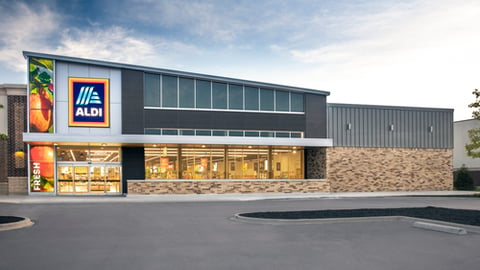Consumer Demand for Natural, Organic Products Grows
Consumer demand for natural and organic products continues to grow and new data estimates sales of products that fall into these categories could increase by 5% to $348 billion across all retail channels by 2028.
New consumer research from Acosta Group found that 75% of shoppers purchased at least one natural or organic product in the six months before the survey. Additionally, 59% of respondents said it’s important that groceries and household products are natural and/or organic.
“Our natural and organic shopper study reflects opportunities for brands and retailers to build increased shopper trust, loyalty, and sales,” said Kathy Risch, senior vice president of Thought Leadership and Shopper Insights with Acosta Group. “Three key learnings include the growing role of natural and organic products for consumers, especially related to health, the value of product placement in the natural channel, and the need for education on the definition and benefits of natural and organic products.”
Results of the study also found the primary driver for natural and organic product sales is a prioritization of health by consumers. Other notable purchase behavior trends revealed in the survey include:
• 58% of shoppers purchase natural and/or organic products because they “are better for them” (healthier) and they “tend to have fewer synthetic chemicals and additives”
• Younger consumers are even more likely to be natural and organic shoppers, with 89% of Gen Z and 85% of Millennials reporting they have shopped for natural and organic products in the prior six months
• Shoppers report purchasing more natural (23%) and organic (22%) products in the prior six months
“The natural and organic shopper is now considered mainstream,” said Andrew Fleming, senior vice president of Impact Natural, a division of Acosta sales agency. “To drive expanded sales for brands and retailers, we need to highlight the specific health benefits of natural and organic products, paying special attention to Millennials and households with children.”
Continued consumer education on what is natural and organic will be key to driving further growth. The Acosta survey found that 40% of consumers are unsure of the difference between natural and organic leading to nearly 1 in 5 not purchasing a product labeled as either because of this confusion. Additionally, 72% of conventional shoppers said affordability is the top reason why they had not purchased natural or organic products in the prior six months.
“This is the time for natural and organic brands and retailers to build direct connections with consumers, informing them of the facts and benefits of the products, dispelling misperceptions, and driving trial and loyalty,” said John Carroll, president of Digital Commerce and Advanced Analytics with Acosta Group.
Research for this study included 1,521 participants and was conducted Oct. 18-29, 2024.




